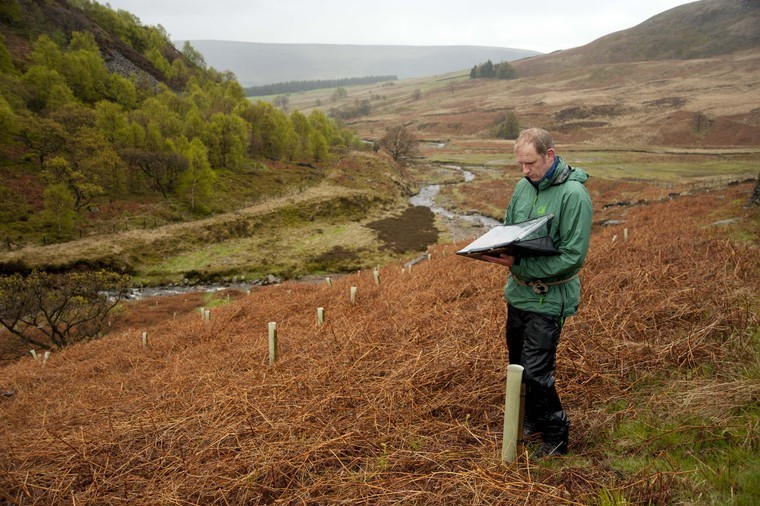Current woodland carbon projects are concentrated in Scotland and Wales and northern England. But Mark Broadmeadow, Forestry Commission principal advisor for climate change told South East Farmer that this was an issue that the guarantee aimed to address.
“The fact that there are no case studies in the South East reflects the higher land prices and the potential to earn higher income from farmland in the South East and that is what we are trying to address – to open up woodland creation to a greater proportion of England and to make sure that it makes financial sense for the landowner.”
Mr Broadmeadow said there are no specific national or regional targets for carbon capture as the area of new woodland created under the guarantee would depend on auction bids. Landowners receive a contract after an auction bid and woodland cannot be planted until an application and successful bid have been made.
The guarantee scheme provides an option to sell verified woodland carbon units (WCUs) to the government for a guaranteed price every five or ten years until 2055/6. Landowners can also sell carbon units on the open market and prices are expected to take off in the near future.
“The expectation is that carbon will have to be valued more than it is now for society to combat climate change. It is a real challenge that is going to cost money to address so the expectation is that carbon markets will develop reflecting the cost to society of fighting climate change,” said Mr Broadmeadow.
Woodland carbon unit prices will depend on how much companies are prepared to pay to offset carbon emissions. Currently landowners report selling carbon units to private companies for between £5-£15 per woodland carbon unit. The first woodland guarantee auction, from 20-31 January is seen as “a discovery auction” to determine what price landowners need for woodland creation, said Mr Broadmeadow.
Photo ©Forestry Commission




